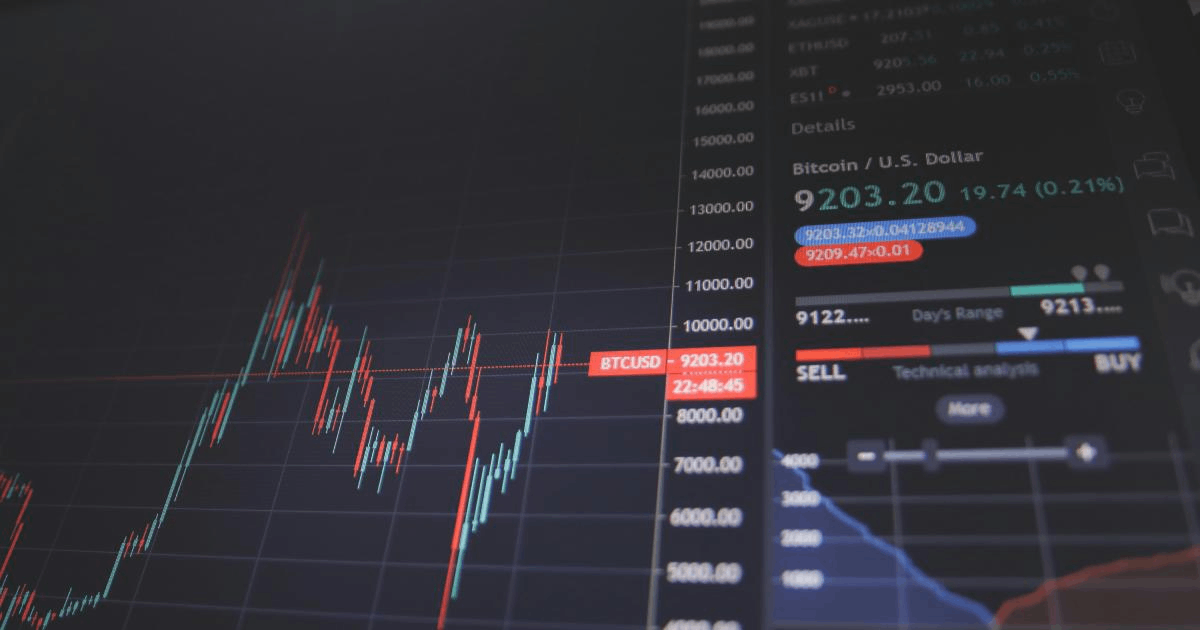
By Lawrence G. McMillan
This article was originally published in The Option Strategist Newsletter Volume 2, No. 1 on January 7, 1993.
The real value in being able to use the options when a future is locked limit up or limit down, of course, is to be able to hedge one's position. Simplistically, if a trader came in long the August soybean futures and they were locked limit down as in the above example, he could use the puts and calls to effectively close out his position.
Example: As before, August soybeans are at 620, locked down the limit of 30 cents. A trader has come into this trading day long the futures and he is very worried. He cannot liquidate his long position, and, if soybeans should open down the limit again tomorrow, his account will be wiped out. He can use the August options to effectively close out his position.
We have mentioned many times that the following is true: Long put + short call is equivalent to short futures. So if this trader were to buy a put and short a call at the same strike, then he would have the equivalent of a short futures position to offset his long futures position.
Using the following prices -- which are the same as before -- one can see how his risk is limited to the effective futures price of 613. That is, buying the put and selling the call is the same as selling his futures out at 613, down 37 cents on the trading day.
Current prices:
Option Last Sale Net Change
Price For the Day
August 625 call 19 -21
August 625 put 31 +16
Position:
Buy August 625 put for 19
Sell August 625 call for 31
August futures Put Price Put Call Price Call Net Profit
at option exprtn Pft/loss P/L or loss on
Position
575 50 +$1900 0 +$1900 +$3800
600 25 -600 0 +1900 +1300
613 12 -1900 0 +1900 0
625 0 -3100 0 +1900 -1200
650 0 -3100 25 -600 -3700
This column on the far right shows that selling the August 625 call at 19 and buying the August 625 put at 31 is equivalent to -- that is, it has the same profit potential as -- selling the August future at 613. Thus, in effect, one is closing out his long position by the combined action of "buying a put and selling a call".
The trader's resultant position after buying the put and selling the call would be a conversion (long futures, long put, and short call). This strategy has no further price risk or potential from this point forward, whether soybeans trade higher or lower. The margin required for a conversion or reversal is zero in the futures market. The margin rules recognize the riskless nature of such a strategy. Thus, any excess money that he has after paying for the unrealized loss in the futures will be freed up for new trades. The same or similar strategies could be used by an naked option seller who cannot hedge his position because the option is up the limit. He, too, could utilize options that are still free trading to create a synthetic futures position. Caveat: Note that the use of this strategy does not guarantee that one will be able to avoid losses when futures make a limit move. Rather, it guarantees that one will be able to take his loss as opposed to waiting at least one more day and perhaps seeing that loss increase substantially if the commodity's cash market moves further against him.
Summary: Futures options generally have enough out-of-the-money striking prices listed that some of them will still be free trading even if the futures are up or down the limit. This fact is a boon to anyone who has a position that has moved the daily trading limit. In addition, even the trader who does not have a position can utilize the options to see where the futures would be trading were they not locked at the limit. Knowing how to use just this one futures option trading strategy should be a worthwhile benefit to any futures trader.
This article was originally published in The Option Strategist Newsletter Volume 2, No. 1 on January 7, 1993.
© 2023 The Option Strategist | McMillan Analysis Corporation

